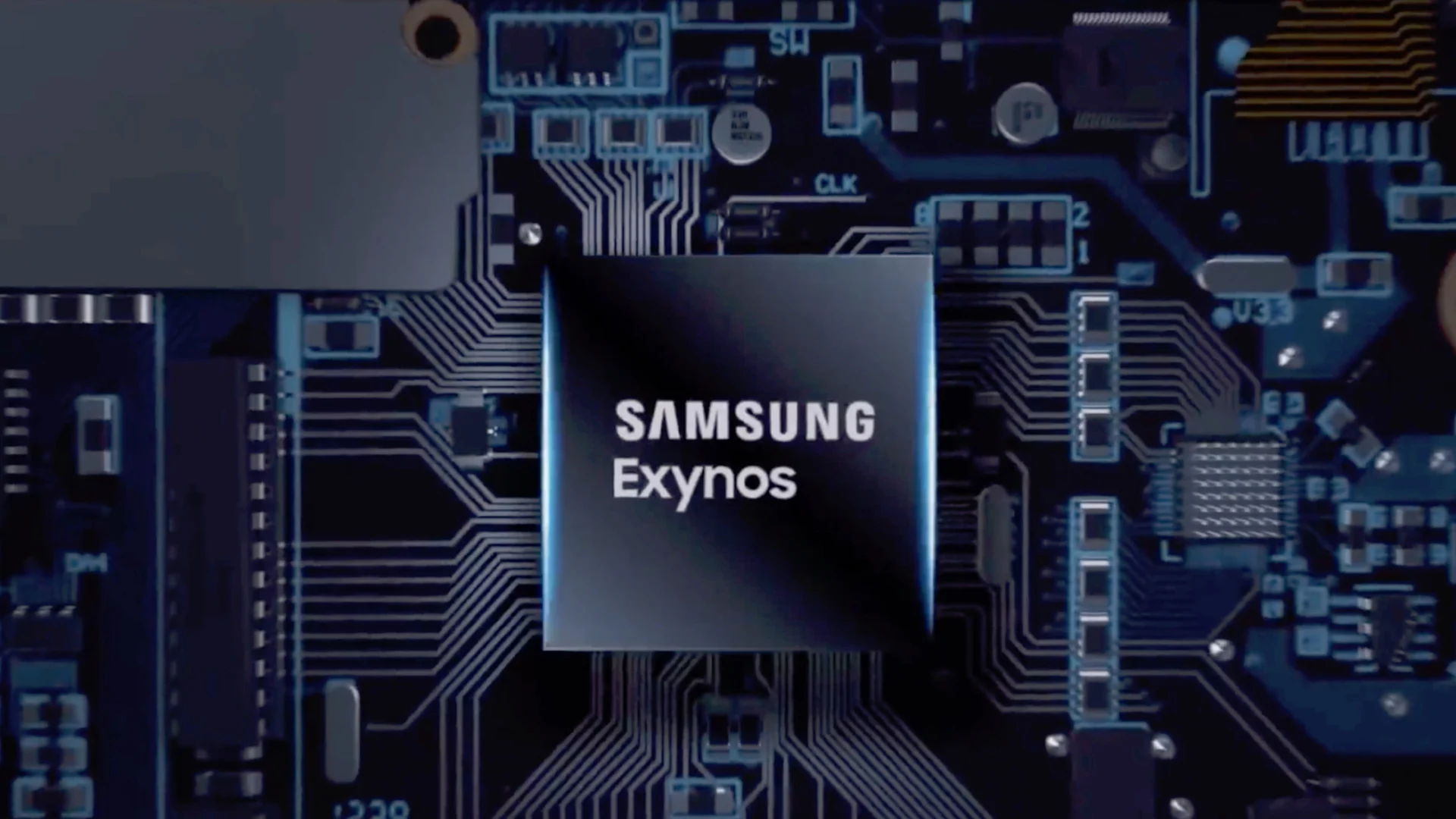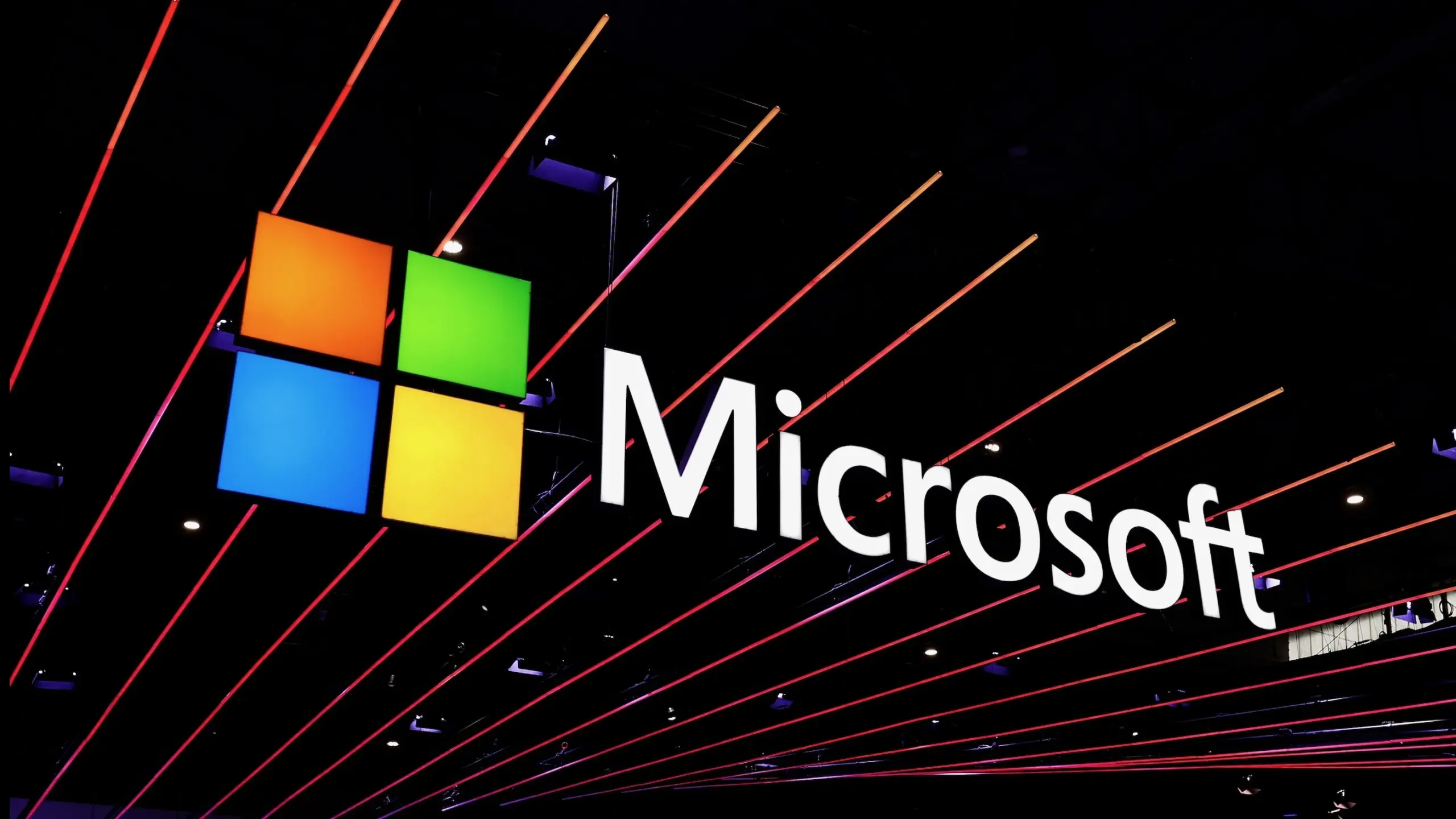In a significant step towards prioritizing ethical considerations in artificial intelligence development, Microsoft has revised its service terms to explicitly prohibit the use of its facial recognition technologies by law enforcement agencies. This move reinforces Microsoft’s commitment to ensuring its powerful AI tools are not employed in ways that could potentially lead to discrimination, privacy violations, or wrongful convictions.
Background on Microsoft’s AI Policies
This change in policy is not an entirely unprecedented step by Microsoft. In 2020, the technology giant had publicly expressed its intention to pause the sale of facial recognition tools to police departments until federal legislation was established to regulate the use of this technology. The current ban reflects Microsoft’s growing awareness of the real-world implications of AI.
The Concerns Driving the Update
Extensive research has demonstrated that facial recognition software often exhibits biases, particularly in regard to race and gender. Studies consistently reveal higher error rates in identifying individuals with darker skin tones, especially Black and Asian men. The potential for misidentification by law enforcement agencies carries severe consequences, including false arrests and the erosion of public trust.
Microsoft’s prohibition focuses specifically on its Azure AI service. This is a significant restriction, as Azure AI underpins various enterprise-level applications, including real-time surveillance systems and identity verification tools.
Global Scope?
While reports initially indicated a ban on police use globally, Microsoft has since clarified that the restriction on facial recognition is currently limited to law enforcement agencies within the United States. It remains to be seen whether the company will extend this prohibition to other countries.
Reactions and Implications
The ban on police use of Microsoft’s facial recognition AI has been met with a mix of praise and calls for further action. Civil liberties groups have welcomed the decision as a positive step towards limiting the potential for misuse of powerful AI systems. However, some advocates and critics argue that broader regulation of facial recognition technology is imperative to truly address ethical concerns.
It’s likely this move by Microsoft will encourage more careful scrutiny from other tech companies offering similar AI capabilities. This shift could have lasting ramifications for the way facial recognition technology is developed, sold, and deployed in the future.
Microsoft’s update to its service terms underscores the complex ethical considerations inextricably linked to advanced AI technologies like facial recognition. As AI becomes increasingly sophisticated, continued open dialogue and collaboration between tech companies, policymakers, and civil society organizations will be crucial in establishing safeguards to ensure these powerful tools are employed responsibly and equitably across society.










Add Comment